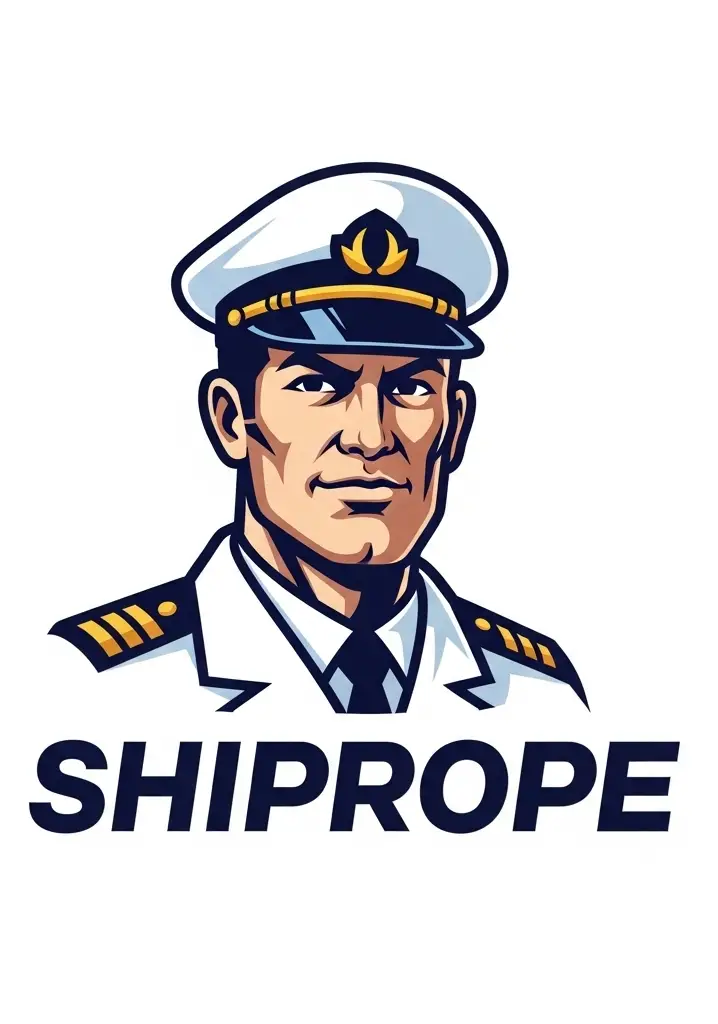The Crucial Role of Maritime Pilots in Global Shipping
Shipping lanes are the lifelines of global trade, ensuring that goods move efficiently and safely across continents. While much of the credit often goes to the captain and crew, there is a lesser-known yet integral figure behind the wheel during crucial moments of a ship’s voyage: the maritime pilot. Maritime pilots, also known as marine pilots, hold a critical role in navigating the complexities of port arrivals and departures, safeguarding both commerce and environmental sustainability.
This blog dives deep into the responsibilities of maritime pilots, their qualifications, and why their expertise is indispensable in modern shipping.
Who Are Maritime Pilots?
Maritime pilots are highly-skilled professionals tasked with guiding ships in and out of ports and other restricted or high-risk areas. Unlike a ship’s captain, whose authority encompasses the entire voyage, the maritime pilot’s focus is navigating the vessel safely through geographically challenging zones, such as narrow waterways, congested harbors, or treacherous coastal areas.
Typically, maritime pilots are local experts with in-depth knowledge of specific maritime regions. They possess an understanding of the area’s tides, depths, currents, hazards, and even local regulations. Acting as external specialists, maritime pilots come on board only for the critical task of assisting with port maneuvers, after which they hand over the responsibility back to the ship’s captain and leave the vessel.
Responsibilities of a Maritime Pilot
The core responsibilities of a maritime pilot revolve around the safe navigation and maneuvering of ships within their assigned areas. Here’s an overview of their duties:
1. Advising the Ship’s Captain
The maritime pilot works closely with the captain, providing expert advice. This is particularly crucial in situations requiring precision, such as docking in narrow berths or navigating through restricted channels. Their recommendations might include adjustments in speed, positioning, or course corrections.
2. Navigating Massive Vessels
Larger ships, like oil tankers and cargo ships, are complex to maneuver, especially in confined spaces. The maritime pilot’s expertise ensures safe navigation even for these behemoth vessels, mitigating risks of collision, running aground, or causing environmental damage.
3. Ensuring Port Safety
When entering or leaving a port, ships face challenges such as narrow entry points, heavy traffic, and hazards like shoals or reefs. The maritime pilot leverages their deep local knowledge to guide the ship safely through these obstacles.
4. Protecting Marine Environments
Ensuring a ship maneuvers carefully not only avoids accidents but also helps protect delicate marine ecosystems. Avoiding spills, collisions, or groundings is paramount to maintaining a sustainable marine environment.
5. Coordination with Port Authorities
Maritime pilots act as a critical link between a vessel and port authorities. By maintaining communication with local traffic management and harbor control, they ensure an organized and safe handover or arrival process.
6. Specialized Expertise for Various Ports
Every port comes with its own unique set of challenges. Maritime pilots are certified to work in specific areas only, requiring them to develop deep familiarity and expertise in those zones.
Getting to the Ship
Unlike traditional crew members who stay aboard, maritime pilots board vessels using pilot boats or sometimes helicopters. These special transfer methods take them from their base onto the ship they are commissioned to guide. Once their task is complete, they disembark using similar transport methods.
The Relationship Between Captain and Pilot
Effective communication between the ship’s captain and pilot is vital. While the pilot has specialized local knowledge, it is the captain who remains in command of the vessel. Miscommunication between these two roles can lead to errors, accidents, or costly delays. Hence, mutual respect and clear decision-making protocols are critical for success.
Becoming a Maritime Pilot
Those aspiring to become maritime pilots must meet rigorous qualifications. Here’s a brief overview of the path:
- Licensing
Candidates must obtain a pilot license specific to the waters they intend to work in. This ensures they are well-acquainted with the complexities of the area.
- Experience
Many maritime pilots start their careers in other seagoing professions, such as ship captains or deck officers, where they build the requisite maritime expertise.
- Training
Candidates undergo specialized training to develop technical proficiency in ship maneuvering and gain a comprehensive understanding of their designated waters.
- Ongoing Education
Like other technical professions, maritime pilots need to stay updated about changes in port infrastructure, vessel designs, and navigation technologies.
Exemptions from Maritime Pilots
Interestingly, not all ships require the services of a maritime pilot. Some vessels obtain a Pilot Exemption Certificate (PEC), granted when the captain has demonstrated sufficient expertise and familiarity with a specific port. This often applies to ships that make frequent and predictable port calls, such as ferries.
Maritime Pilot’s Unique Role in the Shipping Ecosystem
Despite their behind-the-scenes nature, the profession of maritime pilots is one of the oldest in global shipping. Their skills, honed over years of experience, ensure the smooth operation of trade and logistics in ports worldwide.
As global shipping continues to evolve, maritime pilots remain an indispensable link in the chain of commerce. Without their precision, the risks posed by dense shipping lanes, unpredictable weather, and complex harbor systems would have much graver consequences. They are unsung heroes silently steering the ship to safer shores.
How to Learn More About Maritime Careers
Whether you’re a professional exploring diverse maritime jobs or a student keen to pursue this exciting career, the profession of a maritime pilot offers an enduring mix of tradition, skill, and challenge. This career is a standout choice for individuals fascinated by the sea and eager to make an impactful contribution to the global economy.

